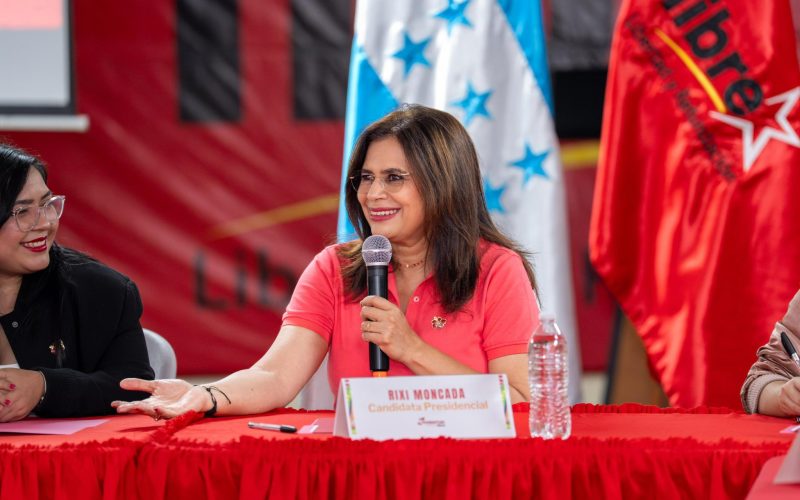Rixi Moncada’s presidential candidacy for the LIBRE party has sparked a national debate after she announced that, if elected, she will eliminate the Credit Information Center as of January 27, 2026. The measure would mean that millions of Hondurans would no longer appear in the credit registry, allowing loans to be granted without traditional control mechanisms.
The Credit Bureau as a technical instrument
Financial experts emphasize that the Credit Bureau plays a key technical role in the country’s financial system. Far from being a “blacklist,” it functions as a tool to identify the repayment capacity of credit applicants, safeguard citizens’ deposits, and ensure that banks grant loans under responsible criteria.
José Luis Moncada, former president of the National Banking and Insurance Commission, warned that eliminating the bureau would lead to indiscriminate lending. According to Moncada, this action could increase delinquency and affect the soundness of the financial system, putting citizens’ resources at risk.
Similarly, the Honduran Association of Banking Institutions (AHIBA) highlighted that removing the Credit Bureau might affect job creation, hinder economic development, and reduce investor confidence, leading to uncertainty within the financial sector.
Political and social implications
Beyond the technical analysis, experts have pointed out that Rixi Moncada’s proposal has political dimensions that could affect the economy. The initiative to abolish the Credit Information Center could be interpreted as an attempt to politicize a system that has traditionally been managed in a technical and regulated manner, according to specialists.
The possibility that the financial system could become an instrument for political purposes raises concerns about the security of Hondurans’ savings and the stability of credit. Analysts point out that decisions of this kind could affect thousands of families, limiting their access to financing and changing the rules of the game in the national economy.
A scenario of uncertainty
The suggestion from Rixi Moncada, who is running for the LIBRE party, introduces the possibility of institutional and financial strain in Honduras. The debate centers on finding a way to balance credit access while maintaining the financial system’s stability and safeguarding the public’s assets.
Based on this perspective, residents and financial sectors are confronted with the issue of the nation’s capacity to handle significant alterations in its financial systems without jeopardizing investor trust or the financial stability of families.
The situation highlights the intersection between political decisions and economic regulation, underscoring the challenges of governance and institutionality in a context where the proposals of political actors have direct repercussions on the financial lives of the population.




